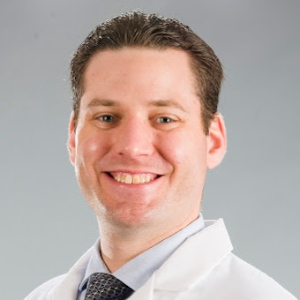Title : Treatment of atrio-esophageal fistula following epicardial ablation for atrial fibrillation
Abstract:
Atrio-esophageal fistula is a rare but life-threatening complication of epicardial atrial ablation. Concomitant surgical repair of the heart and esophagus carries a high morbidity and mortality, especially when repair is attempted without cardiopulmonary bypass. We report the presentation and management of a case of atrio-esophageal fistula following surgical epicardial ablation for atrial fibrillation.
The patient is a 58-year-old male with permanent atrial fibrillation, who presented to the emergency department with acute onset left-sided weakness, four weeks after minimally-invasive epicardial radio-frequency ablation. He was found to have polymicrobial bacteremia, and brain imaging revealed scattered cerebral and cerebellar infarcts, as well as intracerebral air. Computed tomography of the chest demonstrated a loculated air pocket inside the left atrium along the posterior wall, consistent with atrio-esophageal fistula. The patient was taken to the operating room for repair of left atrial fistula utilizing cardiopulmonary bypass with cardioplegic arrest of the heart. The left atrium was opened revealing a 4cm vegetation adherent to a 1cm defect in the posterior left atrial wall. The atrial tissue was thin and friable and did not hold sutures. The defect was therefore excluded using a bovine pericardial overlay patch encompassing the entire left atrial posterior between the pulmonary veins. Subsequent esophagoduodenoscopy identified a pinhole esophageal perforation at 30cm from the incisors. The perforation was treated with a covered esophageal stent. The patient was discharged to a stroke rehabilitation center on postoperative day 7, tolerating a soft diet.
Effective and safe treatment of atrio-esophageal fistula was achieved with closure of the left atrial defect utilizing cardiopulmonary bypass with the heart arrested to minimize risk of cardio-embolization. When feasible, delaying esophageal intervention may reduce morbidity, especially when managed with esophageal stenting as compared to open surgical repair.



